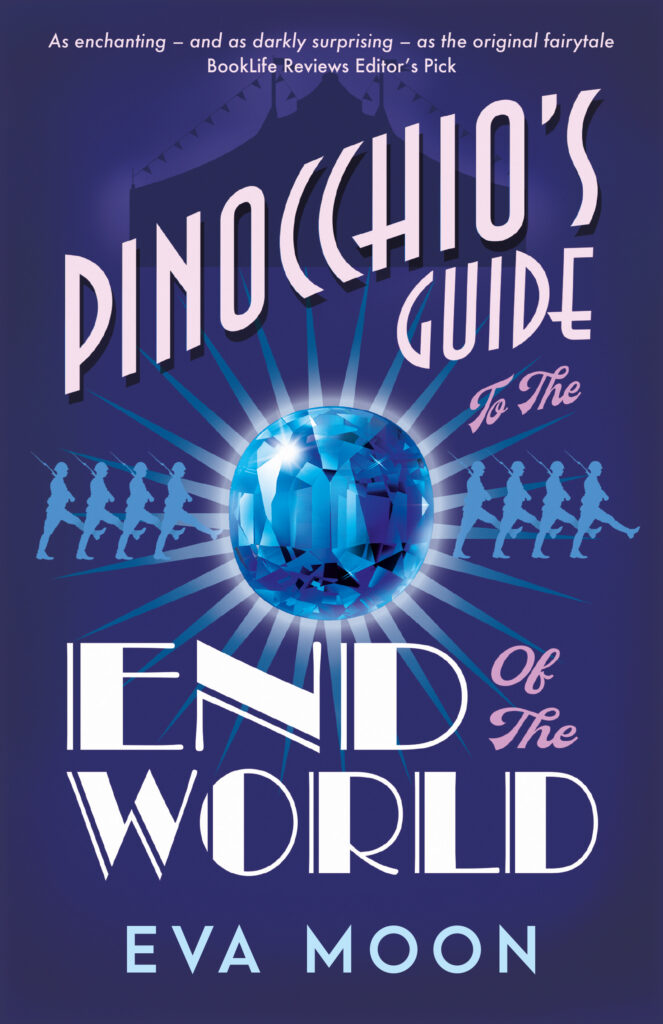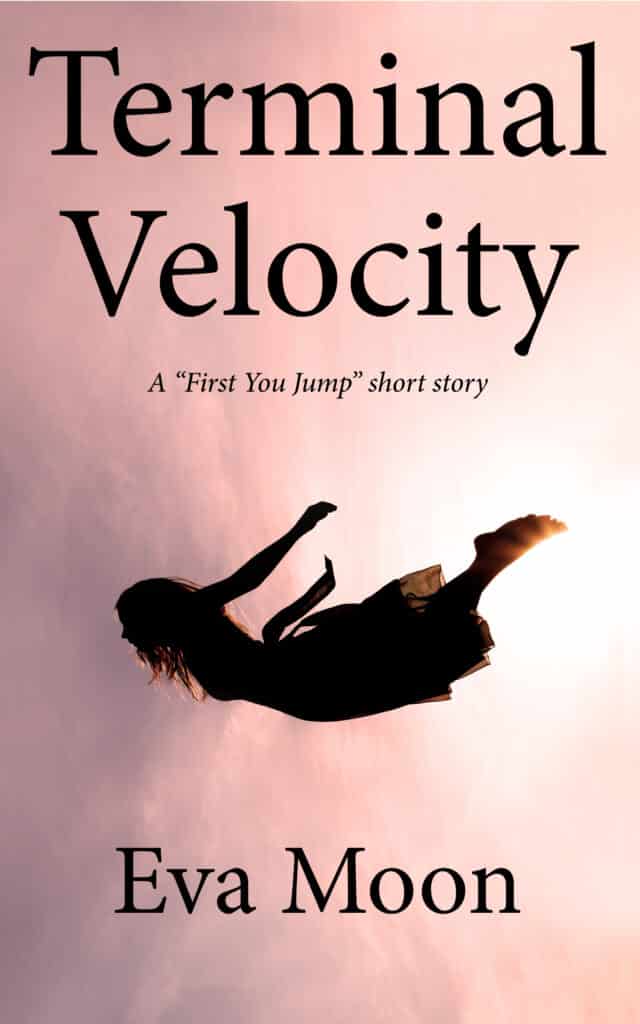(Note: Originally published on Huffington Post)
Emotional battle lines were recently drawn when Melissa Etheridge, who has had breast cancer, said that Angelina Jolie, who has not had cancer, did not make “the brave choice“ when having preventive surgery because of her BRCA1 status.
Oooooh! Girl fight!
The tension between breast cancer survivors and previvors (those who have been lucky enough to be able to act before getting cancer) is not new to those of us who have been there. Here’s a true story of two BRCA positive sisters: “Anne” only learned she had the mutation after she was diagnosed with cancer, went through a difficult treatment and, thankfully, recovered. “Beth” learned her status because of Anne and chose to have preventive surgeries to avoid the same fate. Anne has never spoken to Beth since. Perhaps she feels life has been unfair (It is). Perhaps she feels Beth was trying to “one up” her (She wasn’t). Whatever the reason, it’s sad. But it illustrates how high emotions can run about this issue.
Another true story: A friend of mine had breast cancer at the same time I was having my preventive surgeries. Thankfully, her cancer was found very early. She had a lumpectomy and a week of radiation and has been declared cured. In no way do I want to minimize her experience. At the time I was helping to care for my mother while cancer ate up her life. I understand how terrifying it is. But she felt it necessary to minimize my experience, comparing my double mastectomy and hysterectomy to “a flu shot.”
The day before my mastectomy, I met with the anesthesiologist. This was at the Center for Restorative Breast Surgery in New Orleans where they do literally thousands of these surgeries every year. He said, “You BRCA girls have it worst, emotionally. The cancer girls don’t have to decide to act. You do.” While it was nice to have my emotional difficulty acknowledged rather than dismissed, I don’t agree.
Sometimes being a previvor feels like sneaking into the country of cancer survivors without a proper visa. How could I even think of writing about my so-called suffering when I don’t have the “C”redentials? It’s like flying to the top of Mount Everest. Sure I’m there, breathing the thin air, but isn’t my presence an insult to those who climbed there on foot? Cancer is worse than preventive surgery, right? if it weren’t, who would have it? But when you start comparing, where does it end? Is it worse to have cancer or watch your child die of meningitis? Is a husband who continues to go to work to support his family, sick with fear of losing a beloved wife less brave than the wife enduring cancer treatment? Can any of them even conceive of the bravery it takes for a soldier to walk into enemy fire? Or the suffering endured by millions in concentration camps? There will always be someone who has it better or worse than you. But really, is there anybody who has suffered so little that they are undeserving of sympathy?
Feelings are feelings. I won’t apologize for them. They, and my losses, are real. And yet, I understand the “other side” well enough to also feel like a bit of a fraud sometimes — not in a calculating way, but perhaps in a sort of pathological way — a weird kind of “Munchhausen Syndrome by Genetics.” Could I be so envious of the attention and sympathy that belong to real cancer patients that I would undergo painful and life-changing surgery for it?
No.
I legitimately have this genetic mutation and the statistics are legitimately dire: 87% lifetime risk of breast cancer, and 75% of those are the deadliest form that often metastasizes before it can be detected. Up to 55% chance of ovarian cancer, for which there is no reliable screening. I want to live. We are a lucky group, we previvors. By a stroke of the merest chance, we found out in time to act. We live in a thin slice of history between the discovery of the gene and the development of the cure I expect to see before my granddaughters have to face my choice. I’ve been through a lot but I would not feel right wearing the pink t-shirt. I don’t call myself a survivor.
Who deserves to be called brave? Bravery is looking squarely at reality, making a decision about the right thing to do and then seeing it through, regardless of fear, pain or personal cost. No more, no less.
What Melissa Etheridge doesn’t seem to understand is that reasonable, thoughtful people can look at the same reality and come to different conclusions about how they want to act. Walking into a hospital and asking them to amputate healthy body parts is not something you do simply out of fear. I did a LOT of research and even more soul searching before deciding on the best course of action for ME. I’m sure Angelina did the same. But I don’t for a minute assume my choice is the right one — or the brave one — for anyone else.


